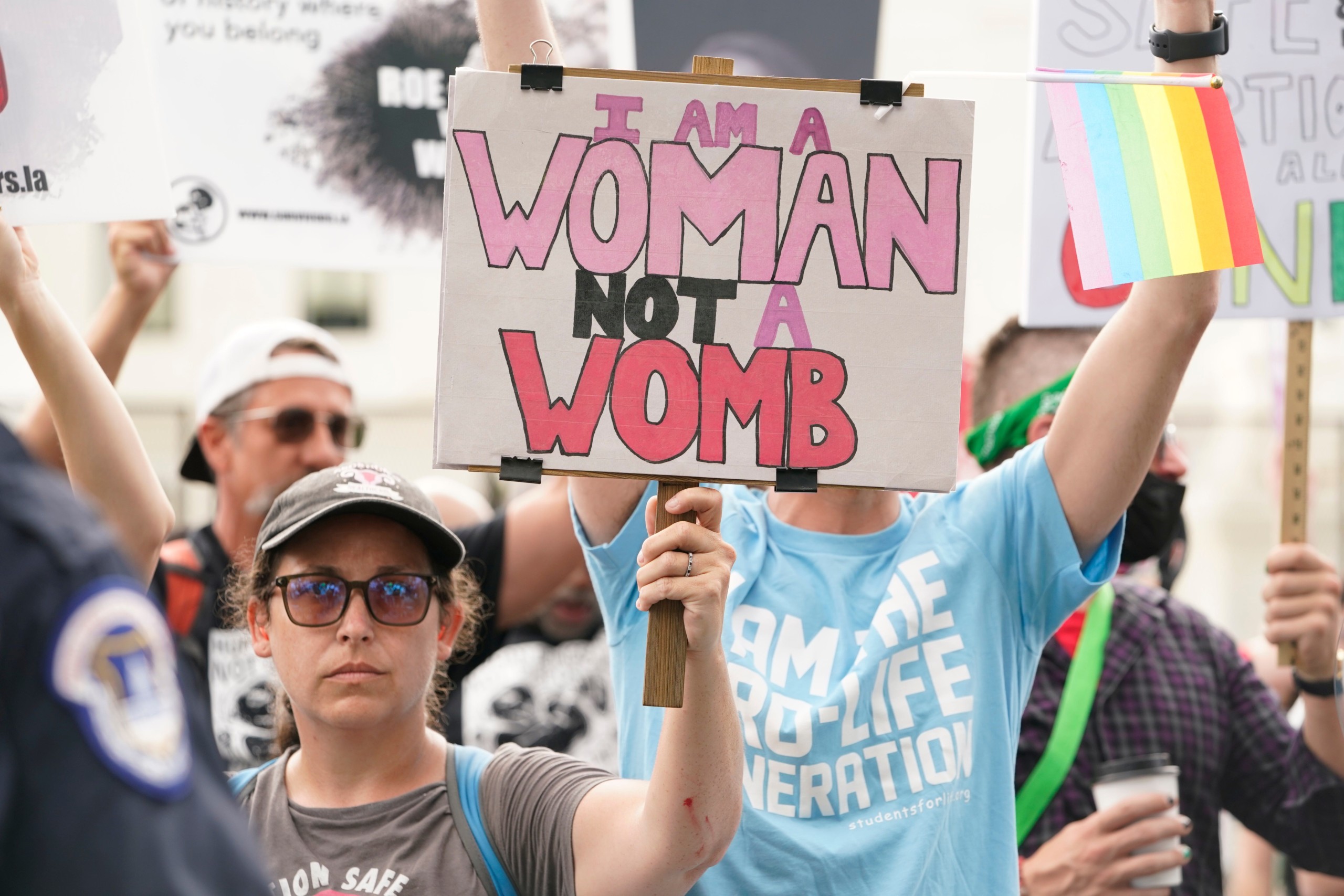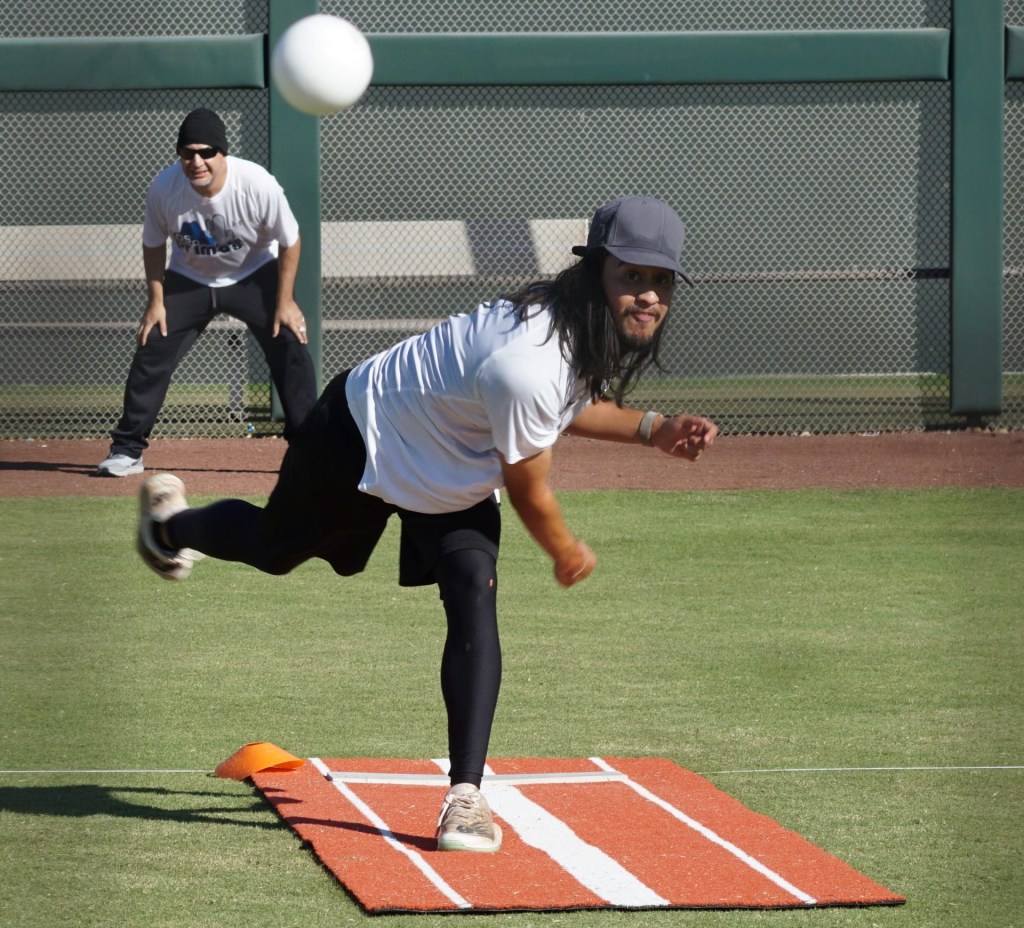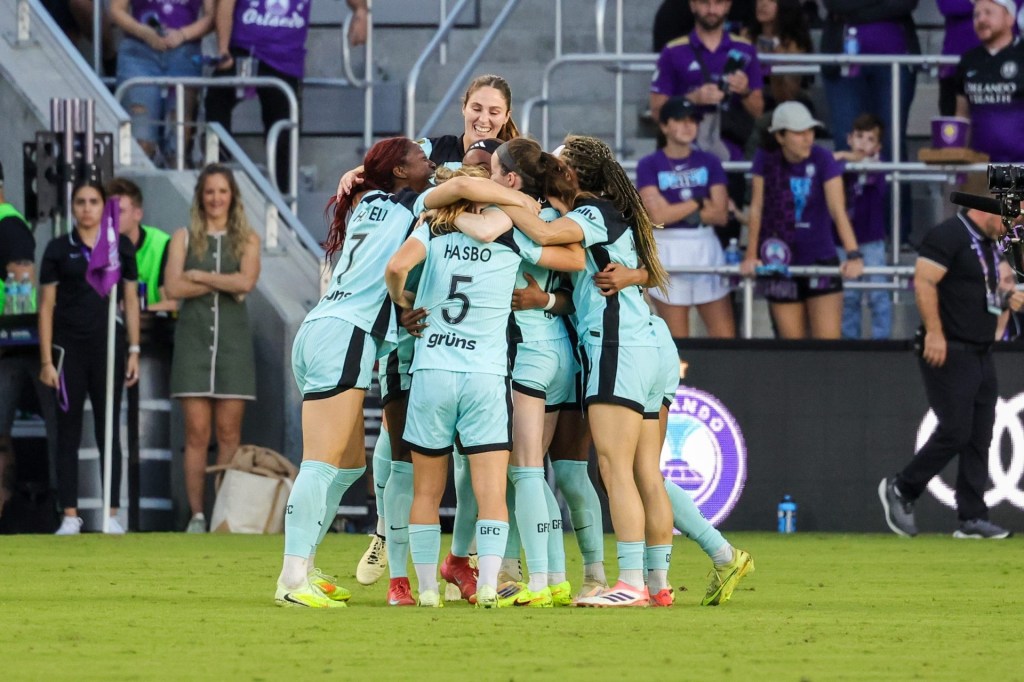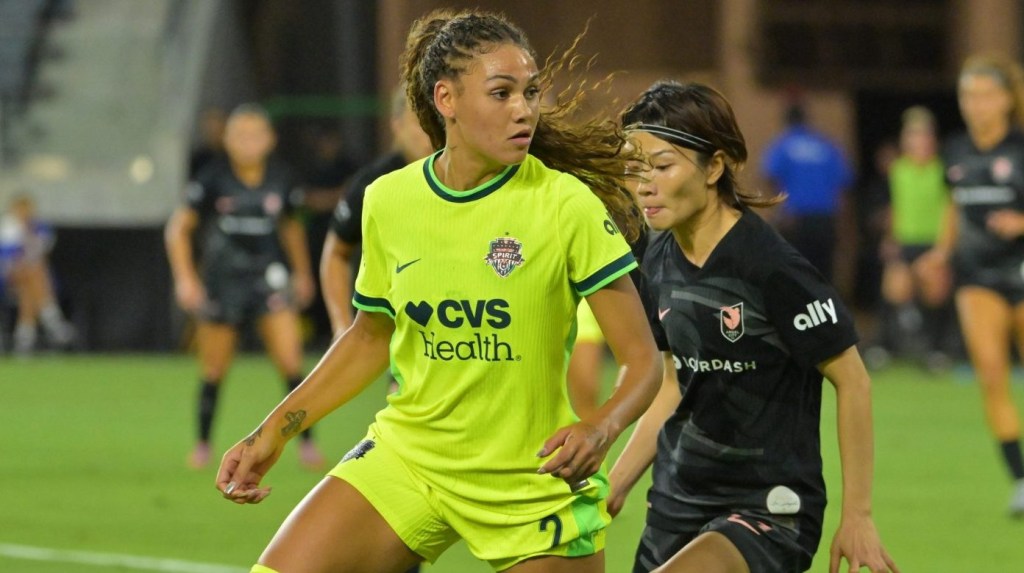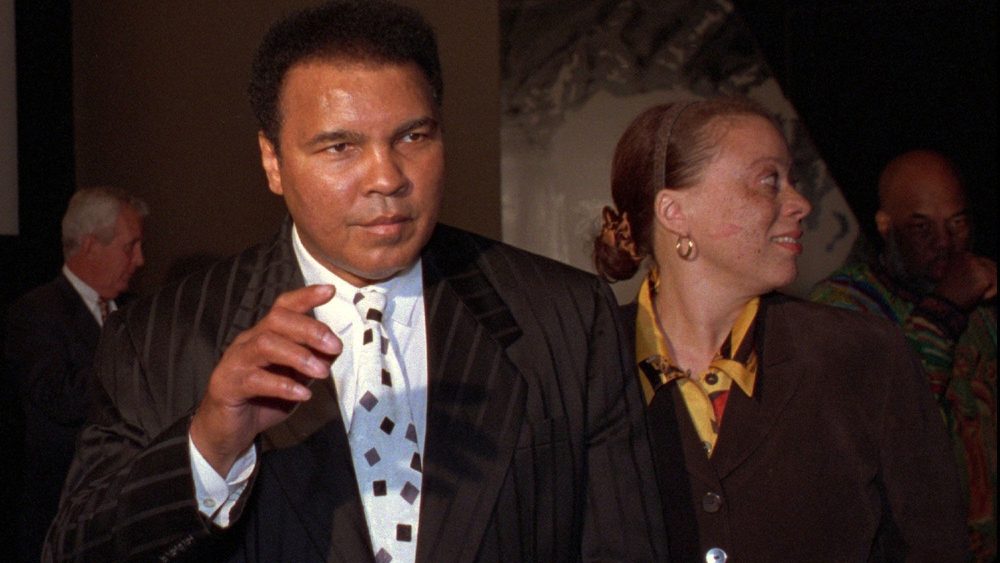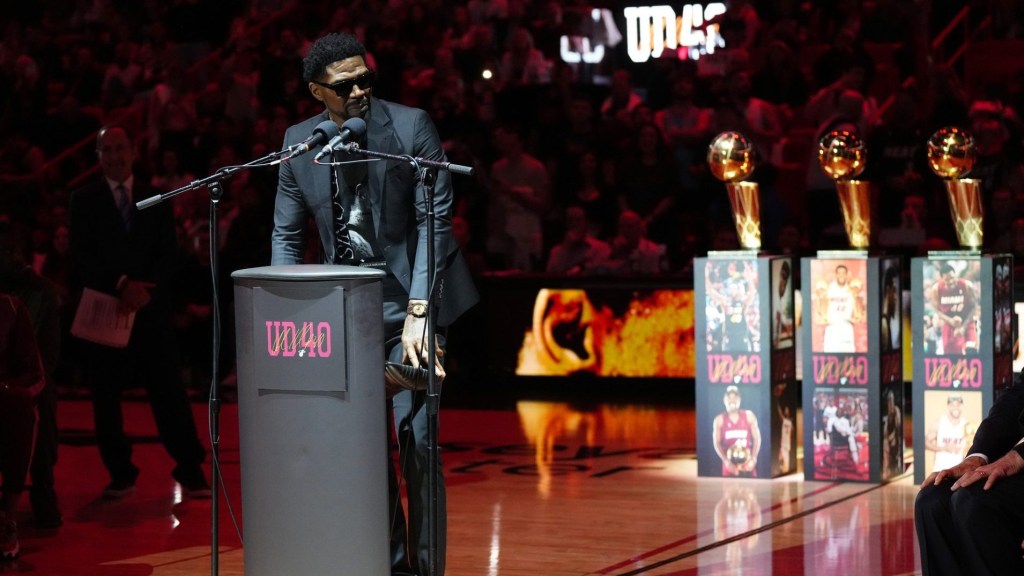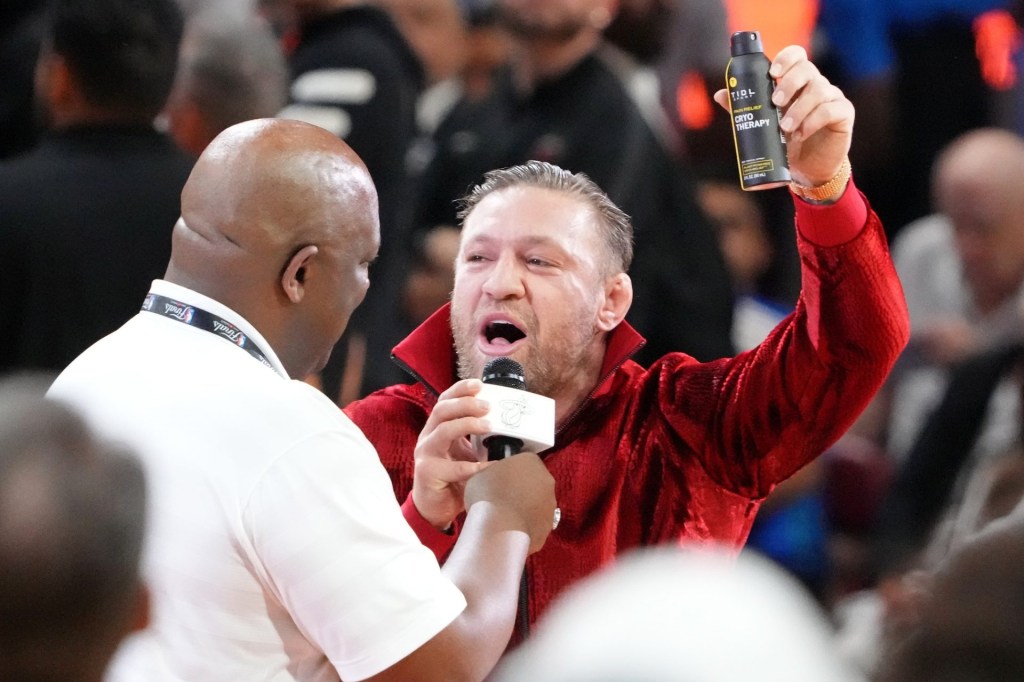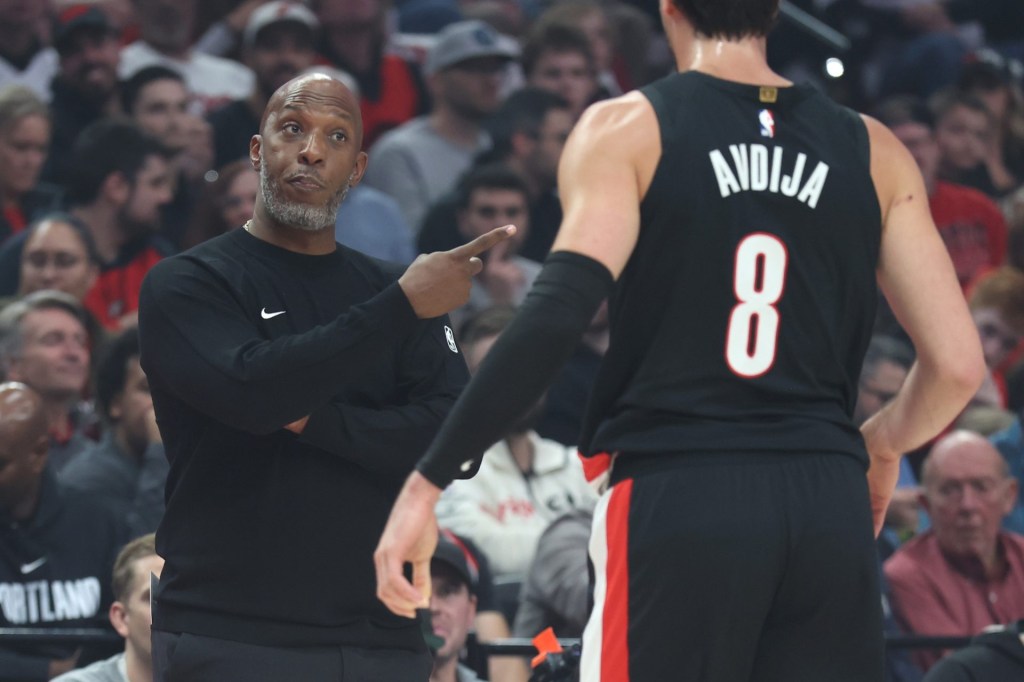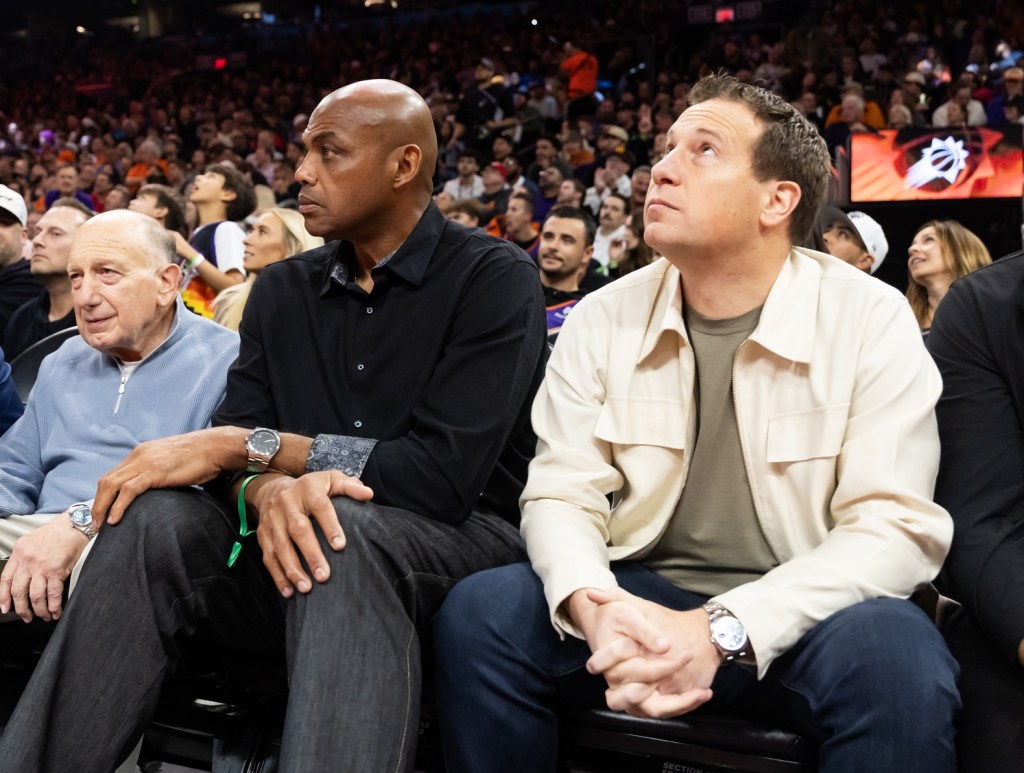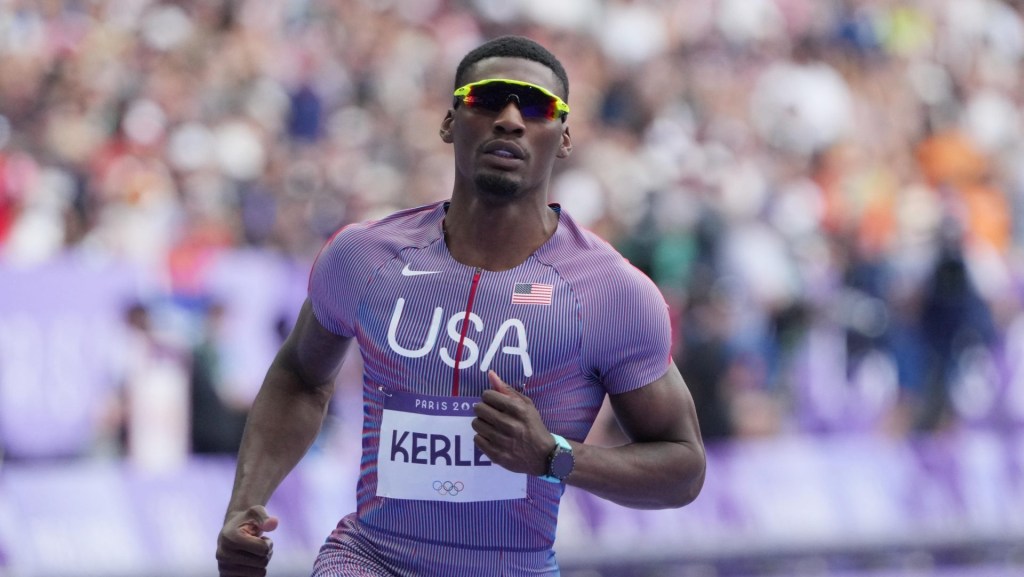On Thursday, the 50th anniversary of Title IX was celebrated. Experts agreed in conversations with Front Office Sports, however, that women’s rights were under attack in other aspects of society — so the anniversary should be treated as a warning signal.
That attitude couldn’t have been more prescient.
One day later, the Supreme Court has overturned Roe v. Wade and Planned Parenthood v. Casey. In its majority opinion, the court found that the constitution “does not protect the right to an abortion.”
Stripping a fundamental right from more than half the U.S. population will also have a devastating impact on women in sports.
In September, a group of 500 current and former women’s sports athletes — including soccer star Megan Rapinoe, Oregon basketball player Sedona Prince, and WNBA star Brittney Griner — submitted a brief in the case at issue to the Supreme Court.
The athletes “are united in their deeply-held belief that women’s athletics could not have reached its current level of participation and success without the constitutional rights recognized in Roe v. Wade … and Planned Parenthood of Southeastern Pennsylvania v. Casey,” the brief read.
Title IX goes hand-in-hand with Roe and Casey. All three were codified within two years of each other.
“Without Roe’s constitutional protection of women’s bodily integrity and decisional autonomy, women would not have been able to take advantage of Title IX and achieve the tremendous level of athletic participation and success that they enjoy today,” the brief said.
- Without the right to choose, the brief affirmed that overall participation in women’s sports would decline.
- At the elite level, from professional leagues to the Olympics, the success of many athletes would no longer be possible.
- People who could become pregnant may also lose the opportunities sports indirectly provide, from scholarships to leadership and development.
The result is clear: No one can enjoy the full rights afforded by Title IX without the ability to make their own choices with their own bodies.
And now other rights may be up next.
Look no further than Justice Clarence Thomas’ concurring opinion, which suggested that the high court reconsider other cases, including the one that affirms the right to contraception. For all the reasons previously stated, losing the right to contraception would also have devastating effects on the ability for women — as well as anyone who could become pregnant — to play sports.
The court’s opinion doesn’t immediately give more legal firepower to attacking Title IX’s existence, Dionne Koller, the Director for the University of Baltimore’s Center for Sport and the Law, told FOS. But the societal fuel is certainly present.
Nicole LaVoi, the Director of the Tucker Center for Research on Girls and Women in Sports, previously told FOS that the cultural shifts toward suppressing women’s rights could precipitate more attacks on Title IX.
“Childbearing has always been involved in the women’s sports narrative,” Koller said. “First it was, ‘because women bear children they can’t and shouldn’t participate in sports because that will destroy their ability to procreate — which is their sort of god-given duty.’ And now, we’re going to have a conversation again.”
